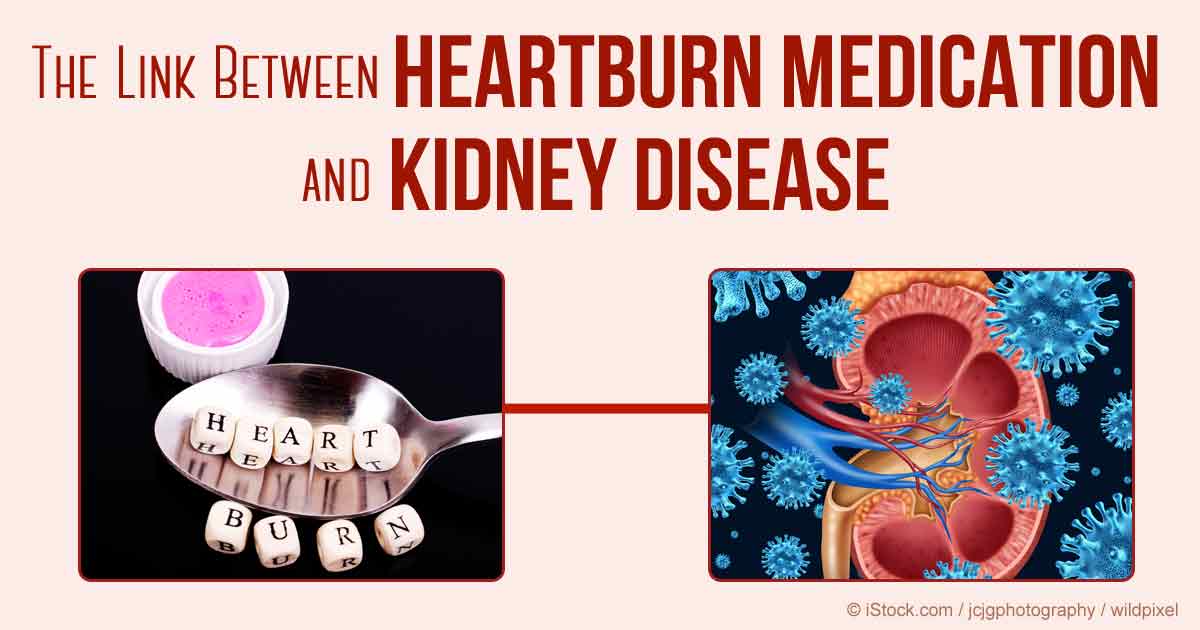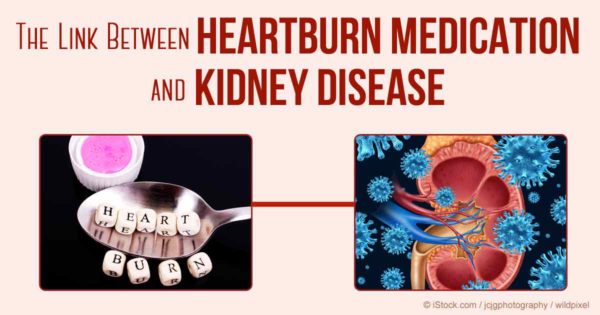
02 May To Your Health: Heartburn Meds & Kidney Damage
Dr. Alan Safdi is a gastroenterologist with a talent for delivering evidence-based medical findings for healthy living in easily digestible sound bytes. Our relationship with him began several years ago when we attended a Wellness Conference at The Peaks Resort & Spa. We next heard Safdi speak again at Telluride First Foundation’s inaugural Integrative Wellness Conference, this year, September 8 – 10, at the Telluride Conference Center in Mountain Village. At the Wellness Summit, the audience got enough of a taste of Safdi’s encyclopedic knowledge of mind-body wellness and preventative medicine to want more.
So here’s more from Dr. Alan Safdi, now a regular contributor to Telluride Inside… and Out. This week, the subject is heartburn medications and the damage they can do to our kidneys over time.

According to a recently published study, taking popular proton pump inhibitors (PPIs) for heartburn for prolonged periods has been linked to serious kidney problems, including kidney failure.
If you are on these medications, discuss this information with your physician.
Personally, I check renal function regularly when patients are any medications that might damage the kidneys. Some of them include acid reducers like PPIs, NSAIDs (like ibuprofen, Advil, naproxen, etc.) and even 5-ASA drugs used for inflammatory bowel maladies such as ulcerative colitis or Crohn’s disease.
In truth, though, I encourage everyone to understand the risks and benefits of any medical therapy and feel free to ask questions.
In many cases, the sudden onset of kidney problems serves as a red flag for doctors to discontinue their patients’ use of proton pump inhibitors for heartburn, sold under the brand names Prevacid, Prilosec, Nexium, and Protonix, among others.
This latest study evaluating the use of PPIs indicates that more than half of the patients who develop chronic kidney damage while taking those drugs had never experienced acute kidney problems, which means they may not be aware of a decline in their health. Results indicate such problems can develop silently and gradually over time, eroding kidney function and leading to long-term kidney damage or even renal failure. Therefore, people who take PPIs – and their doctors –need to be hyper-vigilant in monitoring use of those medications.
Data show that more than 15 million Americans suffering from heartburn, ulcers, and acid reflux have prescriptions for PPIs, which bring relief by reducing gastric acid. Many millions more purchase the drugs over-the-counter and take them without being under a doctor’s care. But the truth is there are numerous non-medical ways to treat reflux.
Controlling our weight and dietary modifications are very beneficial. On the other hand, indulging in large meals, alcohol, peppermints, fatty meals, eating within several hours of going to bed or reclining, and tomato products can all precipitate reflux, so a great way to induce reflux would be to eat a large greasy pizza covered with heavy tomato sauce and pepperoni, wash it all down with a couple of beers, and then fall asleep laying down in front of the TV.
Go for it – then feel the burn.
H2 antagonists (like Pepcid and Zantac) are much less likely to cause kidney problems, but often are not as effective. For occasional reflux, I take ranitidine which is generic Zantac. Those agents do not block as much acid production, but they are safer for our kidneys.
The PPIs can also cause a lower serum magnesium, decrease B12, iron, and calcium absorption and, while traveling, make us more prone to diarrhea and even more prone to c. difficle colits after antibiotic therapy. Some patients really do need these medications, but I recommend following with serum magnesium, B12, iron studies, and renal function.
End-stage renal disease occurs when the kidneys can no longer effectively remove waste from the body. In such cases, dialysis or a kidney transplant is needed to keep patients alive.
Again, doctors should pay careful attention to kidney function in any patient who uses PPIs, even when there are no signs of problems. In general, because the drugs carry significant risks, we always advise clinicians to evaluate whether PPI use is medically necessary in the first place.
There are in fact many very good reasons for chronic therapy with PPIs such as ulcerative severe reflux esophagitis and Barrett’s esophagus, but lifestyle changes should always part of an all-inclusive treatment plan.
And there should be a plan and follow-up.
More about Dr. Alan Safdi:
Dr. Alan Safdi is a speaker, contributor, and serves on the advisory board of the Telluride First Foundation.
He is board certified in Internal Medicine and in Gastroenterology and a Fellow of the American College of Gastroenterology. A proven leader in the healthcare arena, Safdi has been featured on the national program “Medical Crossfire” and authored or co-authored numerous medical articles and abstracts. He has been an investigator in over 581 studies and is President of both the Consultants For Clinical Research and the Ohio Gastroenterology and Liver Institute.
Dr. Safdi has been involved in grant-based and clinical research for about 35 years and is passionate about disease prevention and wellness, not just fixing what has gone wrong. He is an international lecturer on the subjects of wellness, nutrition, and gastroenterology.



Sorry, the comment form is closed at this time.